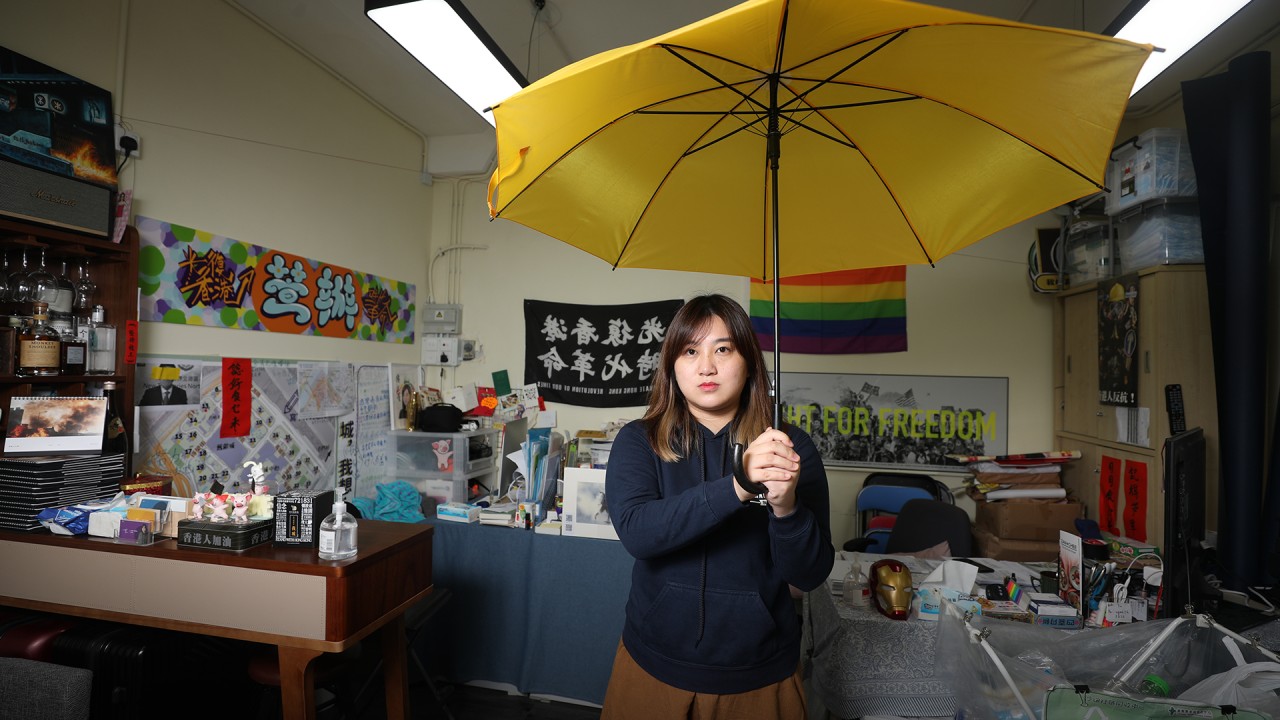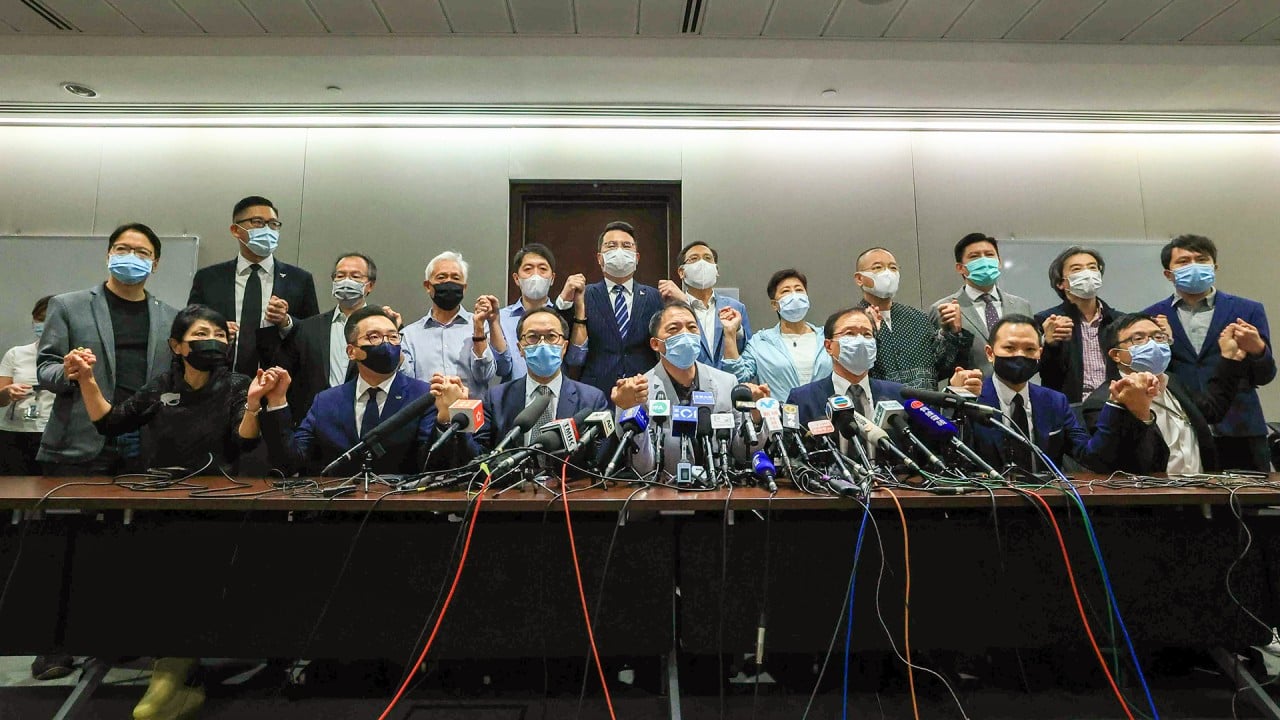
Hong Kong election reform: missed chances to shape city’s future must not be repeated
- The central government has lost patience and thrown out much of our political structure, a major setback for the democratisation of Hong Kong
- Those who still wish to remain involved in civic affairs need more transparency and information from officials
The verdict is in and it does not make for pleasant reading – everyone is guilty. In the light of recent events, Beijing has spent several months studying Hong Kong’s political experiences during the past two decades from the perspectives of competence and loyalty to the country.
How many times during the past 20 or so years have we ordinary Hongkongers – people who love the city with all our heart and are perfectly comfortable with China’s resumption of the exercise of sovereignty – gasped out loud at the opportunities missed?
Olive branches were scorned. Chances to demonstrate our support for the country and at the same time lock in safeguards for Hong Kong’s distinct and precious way of life all went to waste.
There is certainly much blame to share around, but it’s no use crying over spilt milk. We are where we are, and the central government has lost patience and thrown much of the political structure into the garbage bin. Whichever way you look at it, this is a major setback for the democratisation of Hong Kong.
Some have tried to make the argument that it is necessary to take one step back now to move forward in future along the right path. Frankly, I find that train of thought something of a stretch, and like most Hongkongers I will judge its veracity by what happens next.
An augmented role for Hong Kong members of the National People’s Congress and representatives on the Chinese People’s Political Consultative Committee is expected. This is bound to draw more attention to them and the activities of their members from the city. I suspect most Hongkongers have paid little attention to these two bodies up to now, but that surely has to change.
Fortunately, there is an informative Wikipedia entry which explains our part in the NPC. Hong Kong has 36 members chosen by an electoral college of 1,989 people, comprising members of the previous electoral college plus CPPCC members, Election Committee members and the chief executive.
The entry names them and details the percentage of support each candidate attracted in the selection process. Bearing in mind the role of the NPC members in shaping the legislature and the Election Committee, there would seem to be quite a degree of overlap. The information is fine as far as it goes, but the list would be strengthened if it included email addresses and contact phone numbers.
Perhaps the Hong Kong members of both bodies could consider issuing regular bilingual reports on their activities for the information of local people. Transparency is key to earning trust.
Our freedoms are something we should all cherish and do our best to protect. We should not allow them to weaken or lapse for want of interest or effort.
Mike Rowse is the CEO of Treloar Enterprises



